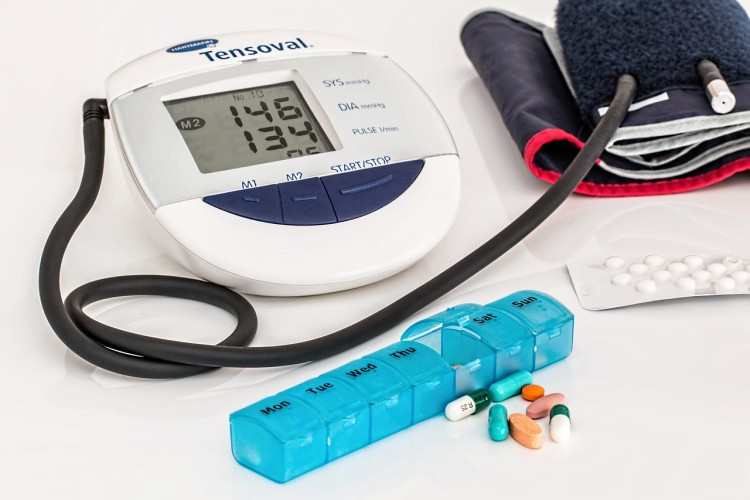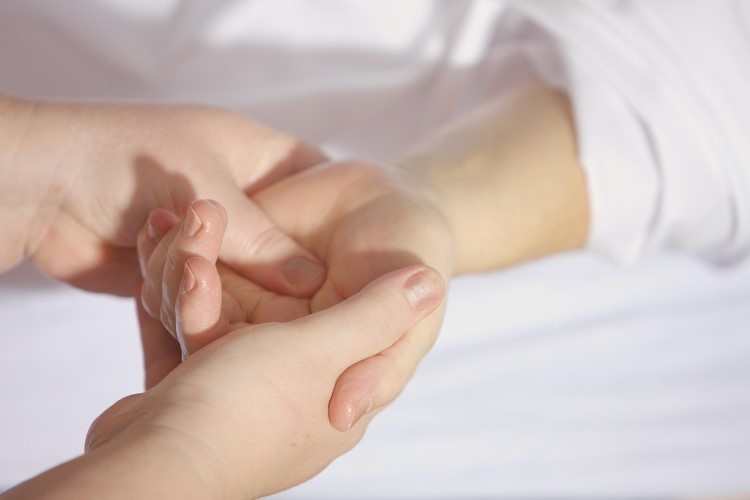
A smartwatch can track your average weekly sleep duration. If not, just note when you go to bed and set your morning alarm every day for a rough estimate.
Try to maintain an average of 6 to 8 hours sleep per week. Ensure absolutely no less than 5 hours and no more than 9 hours.
Grading Chart
- 40 points: 6-8 hours
- 20 points: 5–9 hours
The overall score, including weight and step (maximum 100), if you get more than 60 points: your weekly health is good. When your score falls below 60, it still acts as a warning sign that you need to thoroughly review and change lifestyle.
Making a Plan
Once you review and consider your scores, here’s how to 'plan' for the next week & weekend based on individual categories scores and total:
Should weight management score the maximum points: Intermittent fast on weekends with a 16:8 format — missing one meal, for example if there is no Saturday dinner event.
If you gained weight unexpectedly (20 points), try intermittent fasting over two separate days, or split it up—say once at the weekend and then again on Tuesday.
Unintentional weight loss (20 or 0 points) needs to be properly investigated. If nothing significant is found, track a 3-day diet journal via apps for calorie analysis and pinpoint potential issues.
Step deficits can be easily managed. If low average daily steps cost you points, make it up by ensuring at least 150 minutes of outdoor activities on weekends — be it free walk and run, games with child.
If your step distribution was off, set a 90-minute reminder during weekdays to get up on feet, drink water, unplug screens and change posture.
Sleep is relatively more complicated. First things first — find the reason, did you lose points because essential tasks cut into your sleeping time or was it something like difficulty falling/staying asleep?
For lacking sleep due to time constraints, focus on weekend strategic recoveries of it (methods will be provided in module 2).
If despite feeling tired, insomnia or early waking occurs combine sleep quality assessment and anxiety/depression self-rating scales to check mental health. Scales: below. Seek medical help if found abnormal.
LATEST POSTS
- 1
 The three dimensions of health: complete physical, mental, and social well-being
The three dimensions of health: complete physical, mental, and social well-being - 2
 How to Supplement Vitamin B with Limited Whole Grains Intake
How to Supplement Vitamin B with Limited Whole Grains Intake - 3
 How much impact can small actions have? Health is all about action, so take action now!
How much impact can small actions have? Health is all about action, so take action now! - 4
 Electric Toothbrushes: 5 Key Benefits You Should Know
Electric Toothbrushes: 5 Key Benefits You Should Know - 5
 The Science of Toothpaste: How to Choose the Right Toothpaste for Oral Health
The Science of Toothpaste: How to Choose the Right Toothpaste for Oral Health
 Electronics and Blue Light Protection, Headphone-Induced Hearing Damage: Assessing the Health Impact of Electronics
Electronics and Blue Light Protection, Headphone-Induced Hearing Damage: Assessing the Health Impact of Electronics Purpose Decides Your Results: Selecting the Appropriate Exercise
Purpose Decides Your Results: Selecting the Appropriate Exercise Reducing Risks Associated with Extended Sitting
Reducing Risks Associated with Extended Sitting Gentle Skin Cleansing: Avoid Too Much Friction
Gentle Skin Cleansing: Avoid Too Much Friction Skincare Basics: The Skin Barrier
Skincare Basics: The Skin Barrier How to Select Thoracic Spine Protection Tools
How to Select Thoracic Spine Protection Tools Light Fasting, the Anti-Aging Switch for the Age of Longevity
Light Fasting, the Anti-Aging Switch for the Age of Longevity Life Lies in Movement: Understanding Exercise Correctly
Life Lies in Movement: Understanding Exercise Correctly Postural problems affect the organs and when is the best time for postural management?
Postural problems affect the organs and when is the best time for postural management?













